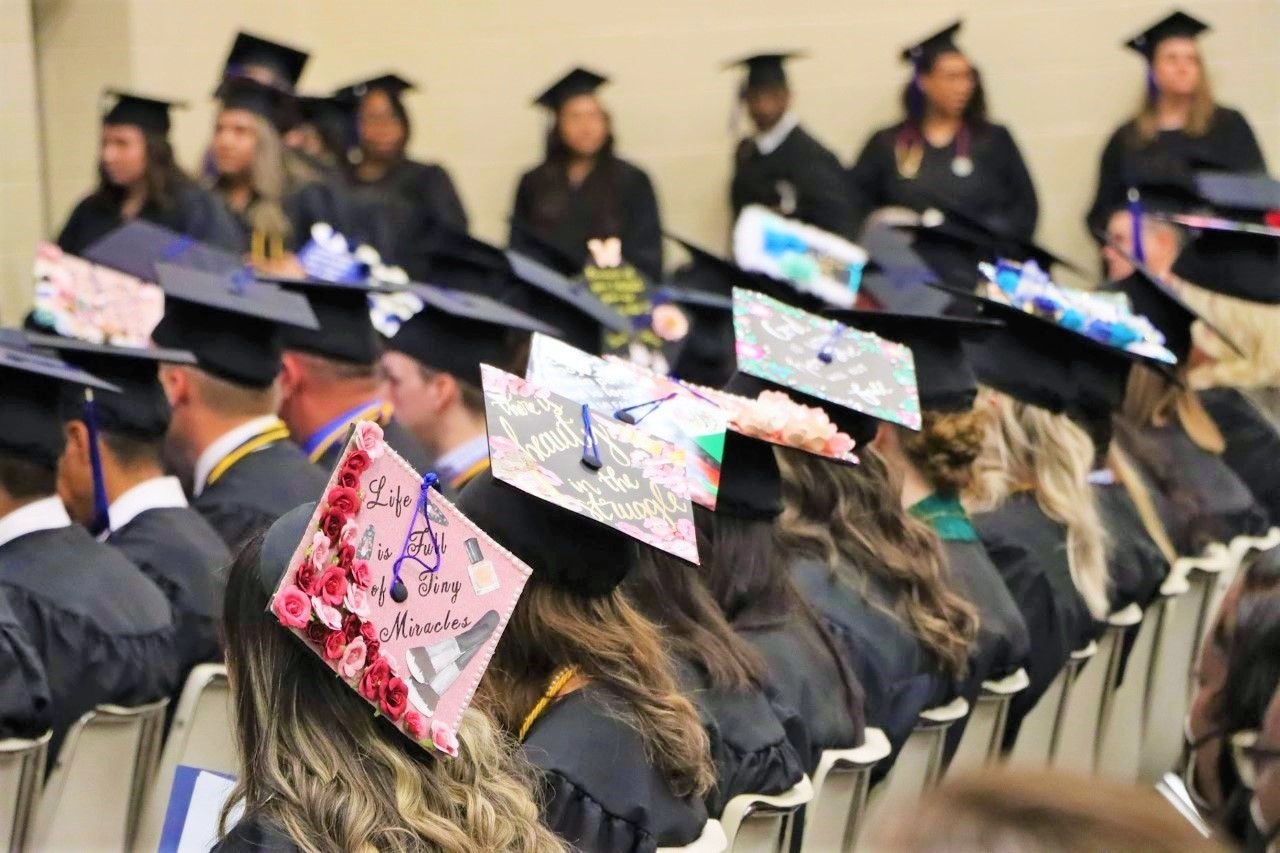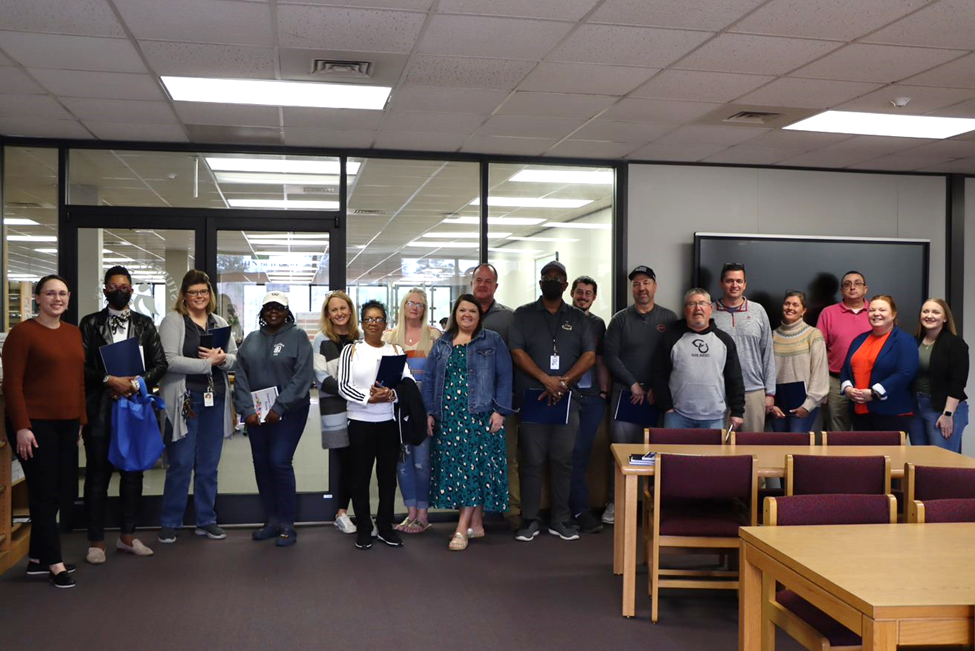Female students account for over half of the student population at ����ͼ�� Community College. However, even with a variety of academic pathways to choose from, a small number of female students at ����ͼ�� Community College still choose to pursue education and careers in male-dominated fields. For Danielle Jones Smith and Carla Garcia-Colin, choosing to study Building Construction Technology seemed simple enough.
Smith’s interest in Construction began at an early age; her father started his own construction company when she was about four years old and she began working with him at 15 years old. By the time she graduated high school, she knew the basics of the business and never even considered other careers. “I’ve always been into construction,” she states. For Smith, choosing construction was just that simple.
On her first day of class, she expected jokes and mockery from her male classmates. Smith says that her father even prepared her. Smith stated, “He said, ‘Everybody’s different.’ But, even on my first day it wasn’t like that.”
Instead, Smith found a group of supportive classmates who never looked at her differently. In Barney Grady, Program Director, she found a supportive instructor who allowed her to ask whatever questions she needed in order to aid her learning; “…even if it was the stupidest question ever,” Smith expressed.
For Garcia-Colin, the first step to construction was more like a stumbling block. As a ����ͼ�� Early College High School student, her class visited each program. She visited Construction Technology the day that students were building houses and says she just knew. Had her class visited any other day, she may have never found this career.

Like Smith, Garcia-Colin felt those same nerves on her first day of class. However, she says Barney Grady never treated her any differently than her male counterparts. “He impacted me to try to stay motivated. He gave me a sense of leadership,” she noted.
She pointed out that Grady’s sincere encouragement gave her the sense of leadership she needed, which ultimately led to her obtaining a position as an adjunct instructor here at SCC.
As an instructor, things are no different, Garcia-Colin often finds herself as the sole woman in the room. Instead now, she spends time empowering the next generation of construction employees. Whether as student or instructor, she said, “It’s liberating being there and not being looked down on.”
She says she tries to reinforce to her male and female students that they are all capable and says it has been special to see students create an environment of respect all on their own.
In natural moments in class, Garcia-Colin says she’s seen students often step back to let female students take the lead. Remembering her own time as the lone female student, she says these moments are touching.
Grady’s comments about his female students echo the experiences of Smith and Garcia-Colin. He stated, “Construction in general has been a male-dominated industry…but women are coming in no differently than any man. Some of my best students I’ve had during my 15 years here at the college have been women. They come in with a passion that some of my other students just do not have.”
According to the National Association of Women in Construction, only 9.9 percent of the construction industry is comprised of women. Since Danielle Smith graduated in 2014, 6 women have graduated from the Construction Technology program at SCC.
Garcia-Colin remarked, “They’ll respect you. They’re there to help you. It may not be like that at some places, but at SCC, every male is here to help you out.”
For more information regarding the Building Construction Technology program at ����ͼ�� Community College, contact Barney Grady at bgrady@sampsoncc.edu or (910) 900-4118.
����ͼ�� ����ͼ�� Community College: ����ͼ�� Community College is a member of the North Carolina Community College System, located in Clinton, NC in ����ͼ�� County. The college offers many programs to include two-year degrees, college transfer, continuing education and workforce development options and early college education.

